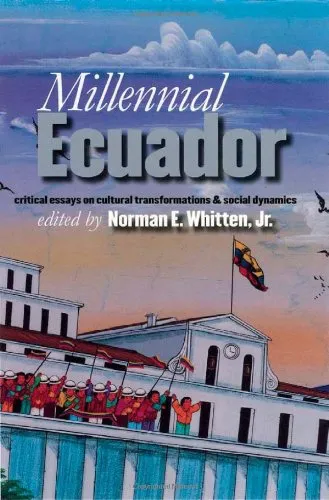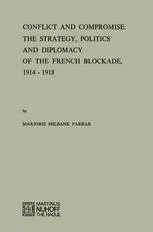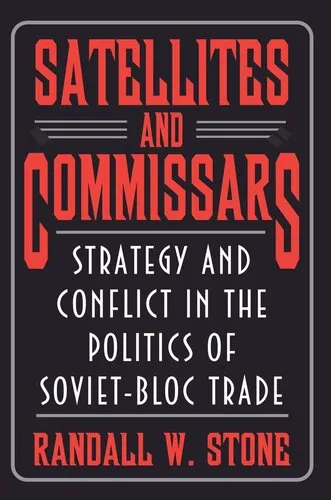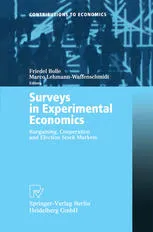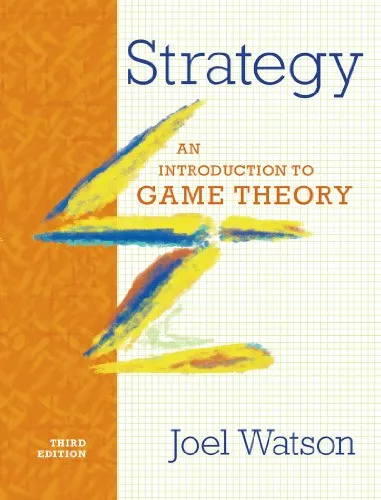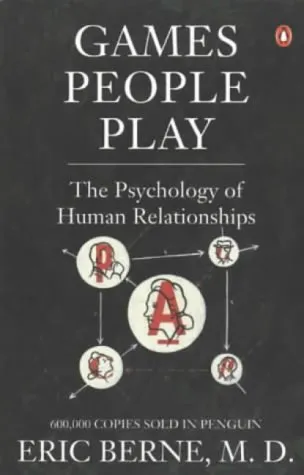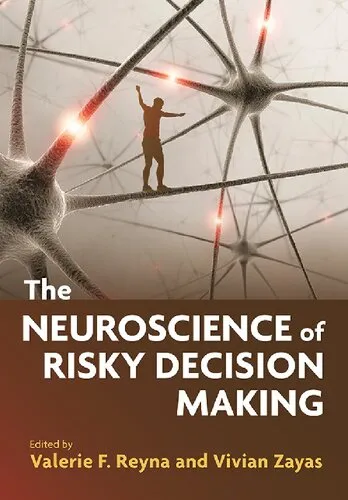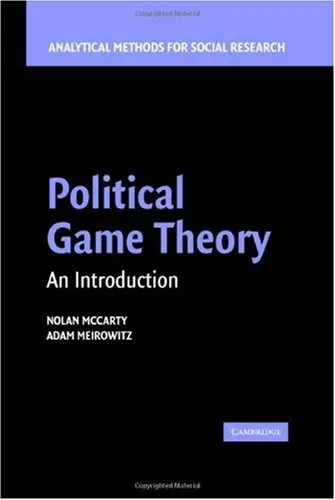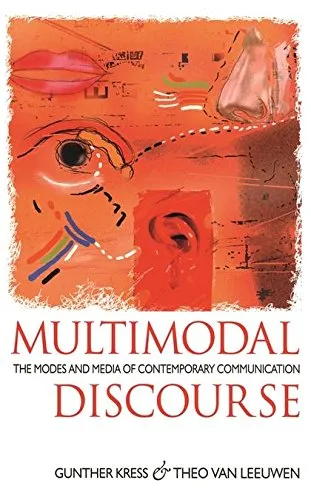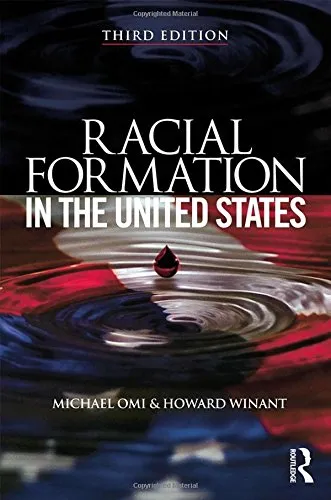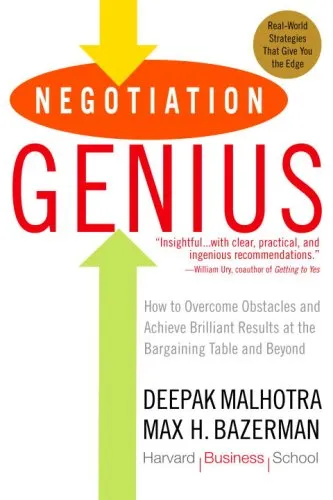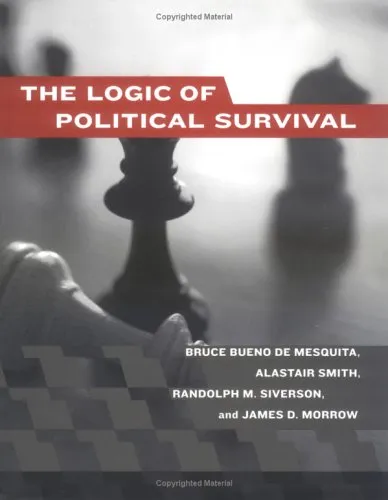Millennial Ecuador: Critical Essays on Cultural Transformations and Social Dynamics
4.5
Reviews from our users

You Can Ask your questions from this book's AI after Login
Each download or ask from book AI costs 2 points. To earn more free points, please visit the Points Guide Page and complete some valuable actions.Related Refrences:
Introduction to Millennial Ecuador: Critical Essays on Cultural Transformations and Social Dynamics
Norman E. Whitten Jr. offers a seminal exploration of Ecuador’s cultural and social changes, unfolding the transformative dynamics that shape its unique identity as a nation at the threshold of the millennium. Through an insightful collection of essays, this book reveals the complexities of Ecuadorian society, intricately woven by the threads of history, culture, politics, and identity. By delving into the intricate intersections of indigenous, Afro-Ecuadorian, and mestizo groups, Millennial Ecuador encapsulates the ongoing transformations of the country’s social fabric into the 21st century.
As Ecuador navigates through modernity while grappling with its rich cultural heritage, this book offers a critical lens into the very heart of these dynamics. With a multidisciplinary approach, themes such as representation, identity, and power are examined against the backdrop of globalization, neoliberal economic shifts, environmental struggles, and the assertion of indigenous worldviews. These essays challenge fixed notions of culture and reveal how Ecuador remains a site of dynamic negotiation and contestation, reflecting global forces while maintaining local distinctiveness.
Detailed Summary of the Book
Broken into a series of thought-provoking essays, Millennial Ecuador dissects how social and cultural dynamics in Ecuador are evolving in response to the pressures of modernity and globalization. The book provides readers with a deep understanding of the country's pluralistic makeup, emphasizing the critical role of indigenous and Afro-descendant communities.
Norman E. Whitten Jr. carefully situates Ecuador’s transformative processes within the broader Latin American context. Through detailed ethnographic analyses, the essays illuminate how communities strive to reclaim agency within a fast-changing political and economic landscape. The book examines celebrations, rituals, protests, cosmologies, and identity-making processes, showcasing Ecuador’s resilience in retaining cultural diversity amidst external influences.
From the Andes to the coastal lowlands, readers are introduced to how marginalized communities articulate their agendas while challenging neoliberal policies and environmental injustices. This is not just a book about Ecuador; it is a profound commentary on the universal struggle between globalization and local realities.
Key Takeaways
- The complex intersections of race, culture, and class continue to shape Ecuadorian society.
- Indigenous and Afro-Ecuadorian communities play pivotal roles in resisting neoliberal policies and asserting cultural identities.
- Globalization has created both opportunities and challenges, leading to a reimagining of tradition in contemporary settings.
- Environmental and ecological struggles are deeply tied to cultural identities and rituals in Ecuador.
- Ecuador serves as a microcosm of how modernity and heritage coexist and collide within Latin America.
Famous Quotes from the Book
"At the heart of Ecuador’s millennial transformation lies an unrelenting tension between cultural continuity and social change."
"The ritual, often dismissed as archaic, becomes the battlefield where tradition and modernity wrestle for survival."
"Ecuador's identity is neither fixed nor singular; it is a dynamic negotiation, a conversation between past and future."
Why This Book Matters
In the crowded field of Latin American studies, Millennial Ecuador emerges as a groundbreaking work with its rich ethnographic detail and critical perspective. By focusing on Ecuador—a nation often overlooked in broader discussions about Latin America's cultural dynamics—Whitten sheds light on the resilience of marginalized voices in a globalized world.
For scholars of anthropology, sociology, and Latin American history, this book offers an indispensable resource for understanding the nuanced interplay between tradition and modernity, representation and power. For general readers, it reveals the richness of Ecuadorian culture and demonstrates the global relevance of local struggles.
Ultimately, Millennial Ecuador matters because it challenges us to rethink what it means to live authentically in an age of rapid transformation, reminding us that cultural heritage is not a relic of the past but an ever-evolving force that shapes our collective future.
Free Direct Download
You Can Download this book after Login
Accessing books through legal platforms and public libraries not only supports the rights of authors and publishers but also contributes to the sustainability of reading culture. Before downloading, please take a moment to consider these options.
Find this book on other platforms:
WorldCat helps you find books in libraries worldwide.
See ratings, reviews, and discussions on Goodreads.
Find and buy rare or used books on AbeBooks.
1314
بازدید4.5
امتیاز0
نظر98%
رضایتReviews:
4.5
Based on 0 users review
Questions & Answers
Ask questions about this book or help others by answering
No questions yet. Be the first to ask!
